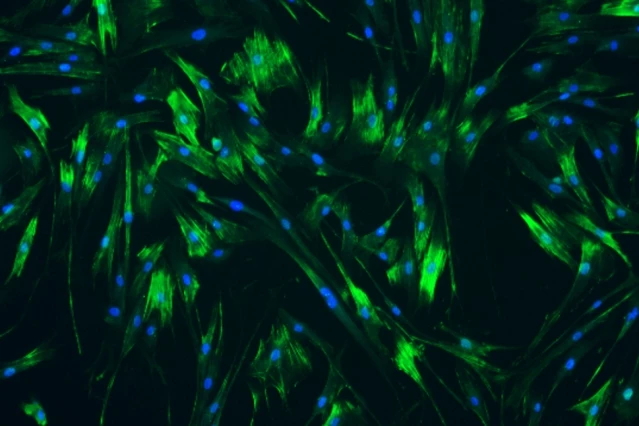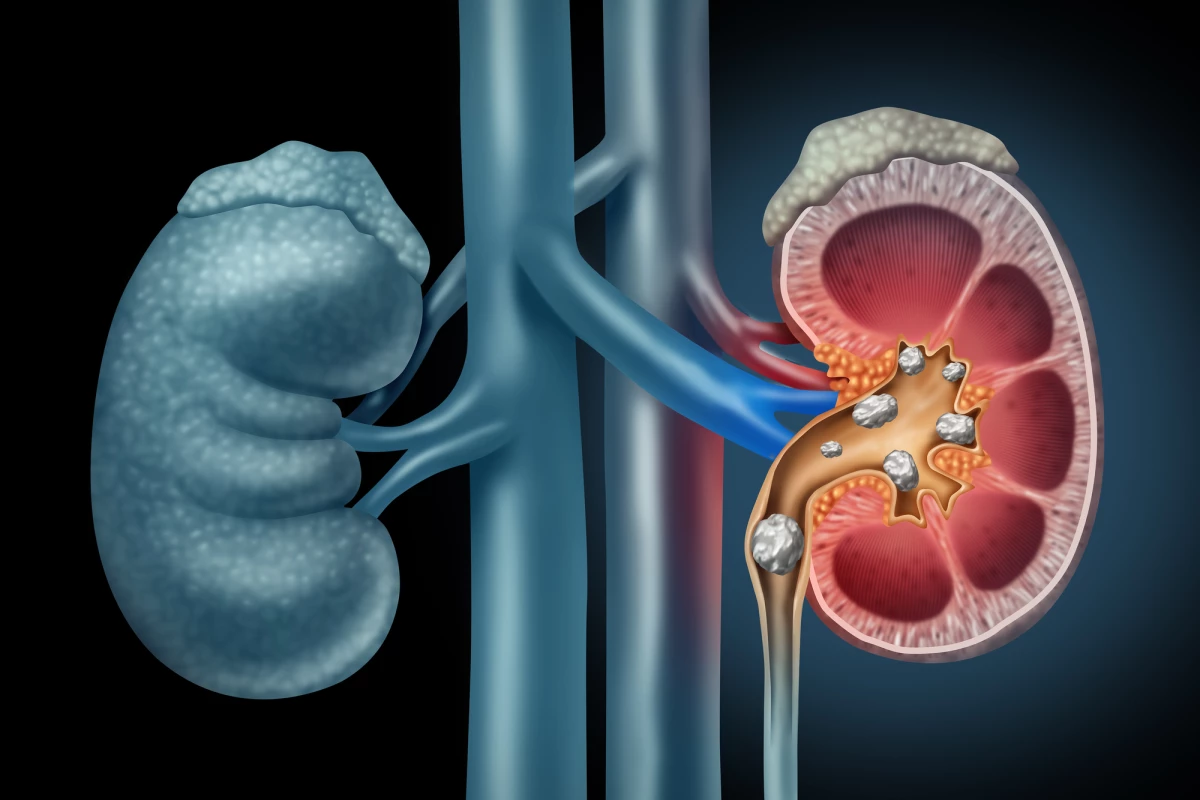Kidney stones are a health problem that one in 10 people will go through in their lifetimes, and while manageable, they can be quite painful. Now, researchers at MIT have found a particular combination of two drugs that can relax urinary tract tubes, allowing stones to be passed more easily.
Kidney stones are small lumps of hardened minerals that form in the kidneys. They normally just pass out of the body on their own, but the experience is far from pleasant – they can cause severe pain as they move through the ureter, the tube that connects the kidneys to the bladder.
So for the new study, the researchers set out to investigate whether delivering muscle relaxants directly to the ureter could make passing stones less painful. To do so, they first tested 18 different drugs on human ureteral cells grown in a dish in the lab, and measured the muscle-relaxing effects of each.

After extensive searching and analysis, they found two that worked particularly well – nifedipine, which is currently used to treat high blood pressure, and a rho kinase inhibitor, which treats glaucoma. And these two drugs worked even better together.
The drug combo was tested on ureters taken from pigs, and found that they could reduce the number and length of contractions of the tubes. It’s these contractions that cause the pain, as the ureter presses up against the hard stone inside.
Next, they tested the drugs on live pigs, administering them through a cystoscope directly into the ureter. These experiments showed similar results, almost completely eliminating the contractions altogether.
Importantly, when delivered directly in this way, the researchers found no trace of the drugs in the pigs’ bloodstreams. That means they’re mostly sticking around the immediate area they need to target, which should reduce the chances of any side effects elsewhere in the body.
The team says there’s still more work to do, to figure out if it’s safe for human use, how long the muscle relaxing effects last and how much it would take to help kidney stones pass. Besides kidney stones, the technique could help for other similar procedures, such as placing stents or using endoscopes.
As far as treatments for kidney stones go, this might not be as much fun as riding rollercoasters, but it’s probably going to be more reliable.
The research was published in the journal Nature Biomedical Engineering.
Source: MIT




